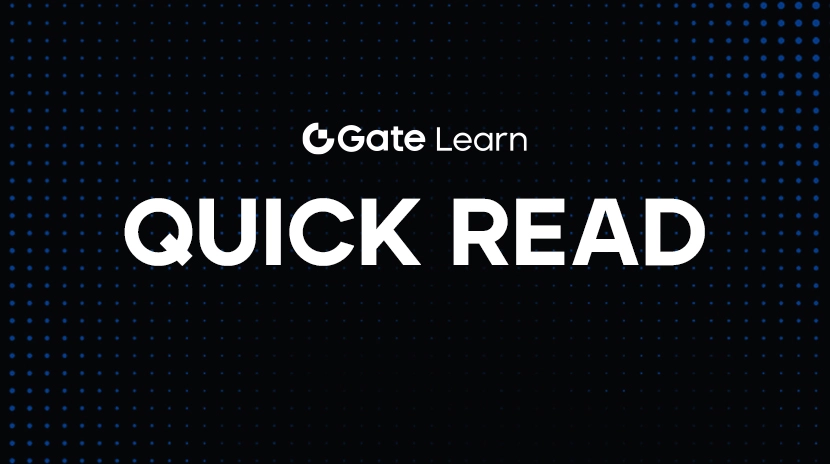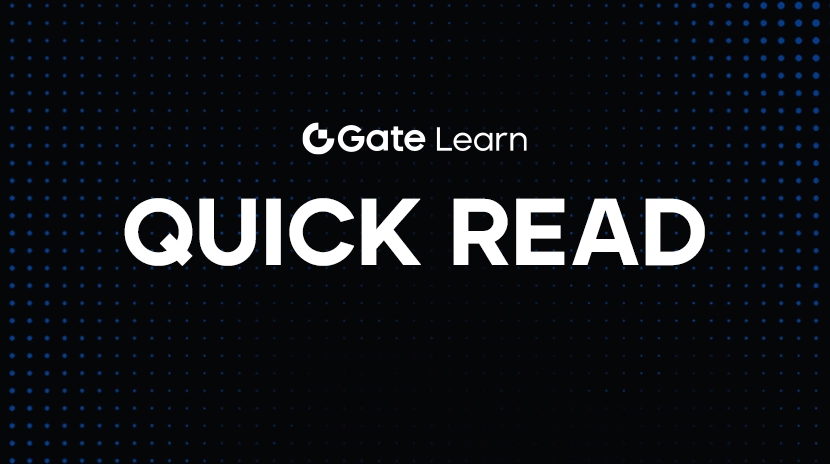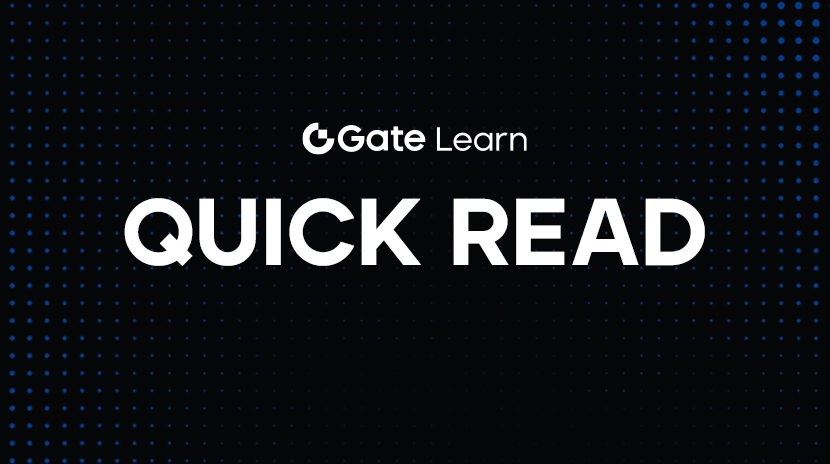How Much Is Bitcoin Worth? Price, Value and Future Outlook
What Is Settlement?
Settlement is the process by which both parties fulfill the delivery and transfer of assets as specified in a contract when it expires. In futures trading, for example, at maturity you may encounter:
- Physical settlement, such as the delivery of commodities or stocks
- Cash settlement, where differences are settled based on price changes
In the blockchain or DeFi ecosystem, settlement typically occurs when:
- Automatic settlement takes place upon the expiration of contract products, such as perpetual futures contracts or options
- DAO members claim or receive protocol profit distributions
- A default occurs in NFT auctions when the buyer fails to pay on time
Settlement fulfills contractual commitments. If a party defaults, it may trigger cascading counterparty risk, asset losses, or even cause a collapse in creditworthiness.
What Happens If There Is a Settlement Default?
Here are three scenarios illustrating the consequences:
1. Settlement Default in Traditional Financial Markets
In traditional markets such as stocks or futures, if an investor does not complete payment or delivery by the settlement date, it is considered a default and may result in:
- Forced liquidation or margin calls: Brokers may forcibly close your positions and require you to cover any resulting losses
- Downgrade of your credit rating or account suspension: A default record could prevent you from trading similar financial products in the future
- Fines or legal liability: In some cases, the defaulting party must compensate the counterparty for losses and may face legal disputes
- Central clearinghouses provide protection in traditional finance. If an individual defaults, the clearinghouse covers the loss and later seeks recovery from the defaulter.
2. Settlement Defaults in Crypto/Web3 Perpetual Contracts
On centralized exchanges (such as Gate) or DeFi perpetual protocols (like GMX, dYdX), settlement defaults often occur due to forced liquidation or insufficient margin. When margin cannot cover floating losses on a leveraged position, the system automatically liquidates the position. Consequences include:
- Total asset loss (full liquidation)
- Additional liquidation fees or penalties
- Lowered risk score (some platforms implement risk or reputation scoring systems)
- If the platform uses peer-to-peer (P2P) matching, you may be blacklisted or marked as untrustworthy
In DeFi systems, poorly designed margin mechanisms or extreme market volatility can lead to protocol-wide defaults, impacting the entire liquidity pool.
3. Settlement Default in NFT / DAO / OTC Order Transactions
In some non-standard Web3 trading scenarios, such as NFT auctions, DAO token buybacks, or large OTC trades, settlements are handled manually or through smart contracts. Settlement defaults can result in:
- Loss of counterparty trust and end of cooperation
- Damage to community credibility, leading to a decline in project valuation
- Arbitration or DAO votes to resolve trade disputes
Although these situations may lack conventional legal enforcement, community consensus and on-chain records serve as deterrents and reputational enforcement mechanisms.
What Causes Settlement Default?
Common causes of settlement default—relevant to both traditional and Web3 environments—include:
- Insufficient funds or excessive leverage: Account assets are inadequate to meet contract obligations
- Timing errors or delays: Failing to complete actions before the settlement deadline
- Misunderstanding contract terms: Not fully understanding settlement rules or counterparty risk mechanisms
- Technical errors or exchange malfunctions: Contracts may auto-trigger, but the platform experiences delays or failures
- Intentional evasion of obligations: Some participants deliberately default to arbitrage or misappropriate funds
How Can Settlement Default Be Prevented?
- Control leverage and maintain a healthy margin ratio.
Whether trading spot or derivatives, set strict stop-loss limits and capital allocation ratios. Never let a single trade consume your entire portfolio. - Understand settlement rules and delivery requirements.
Read the protocol or product documentation in advance, especially regarding settlement price calculations and whether they use TWAP or spot prices. - Choose reputable counterparties or platforms.
Traditional finance relies on central clearinghouses; Web3 depends on smart contracts and community consensus. Select platforms with transparent mechanisms and reserves to reduce counterparty risk. - Use on-chain protocols with automated settlement features.
Protocols like Perennial and Synthetix offer on-chain liquidation, automatically protecting both parties and reducing manual dispute risk. - Stay informed and monitor settlement dates.
For high-impact events like IPO presales, IDOs, or contract expirations, set reminders to avoid missing settlement windows.
To learn more about Web3, register at: https://www.gate.com/
Summary
In the Web3 ecosystem, a single settlement default can be more disruptive than in traditional markets. It can undermine smart contract stability, erode trust in on-chain liquidity pools, and disrupt protocol operations. Your on-chain reputation can also be affected. Whether you are an on-chain trader, DAO governor, or DeFi protocol participant, understanding and respecting settlement mechanisms is essential to safeguarding your assets and supporting the integrity of the market ecosystem.
Related Articles

Pi Coin Transaction Guide: How to Transfer to Gate.io

Flare Crypto Explained: What Is Flare Network and Why It Matters in 2025

How to Use a Crypto Whale Tracker: Top Tool Recommendation for 2025 to Follow Whale Moves

2025 BTC Price Prediction: BTC Trend Forecast Based on Technical and Macroeconomic Data

What is N2: An AI-Driven Layer 2 Solution
